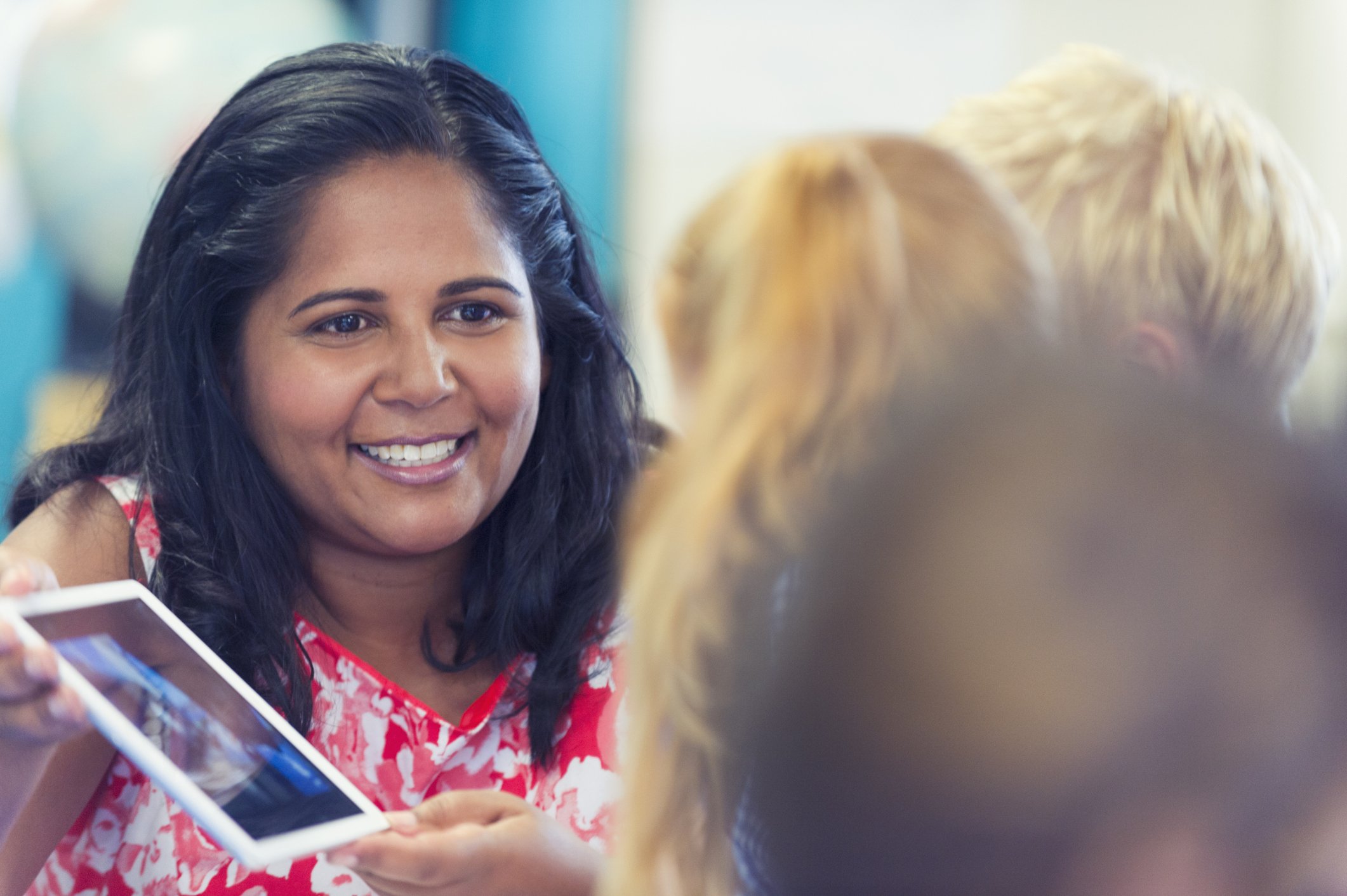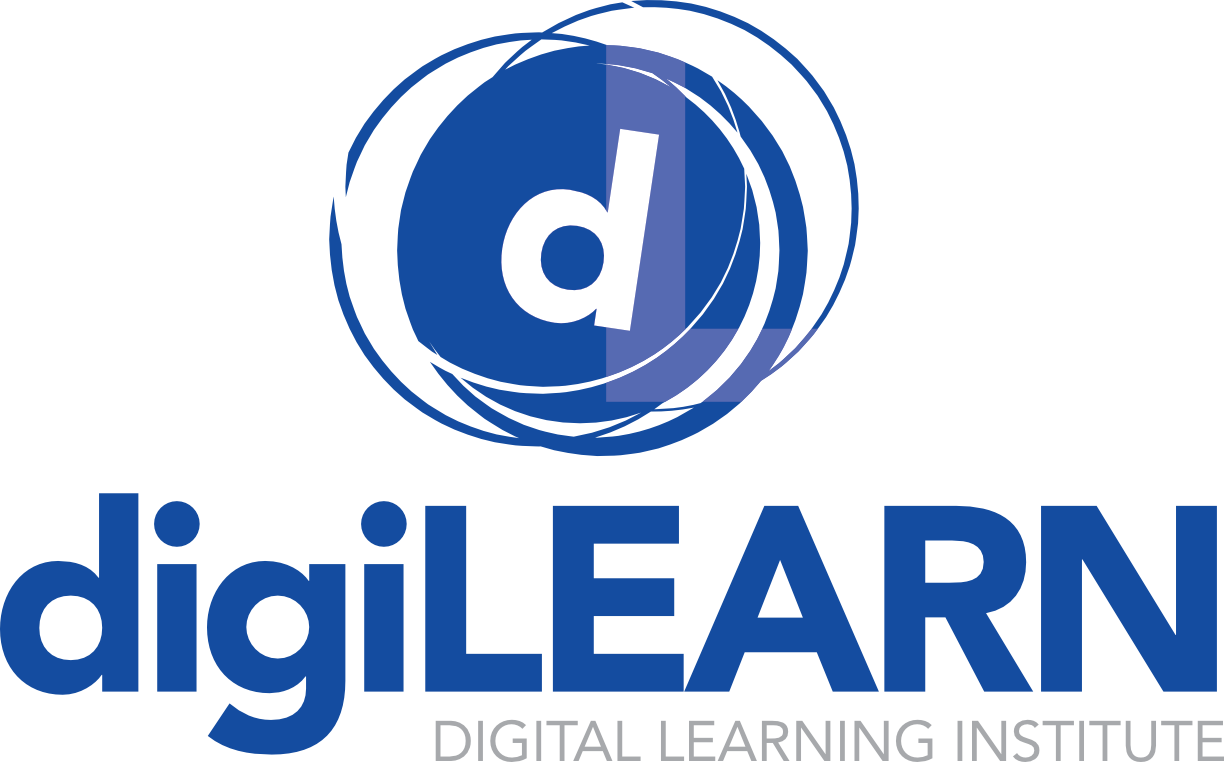
Digital Scholars
Diverse learners need extra support to become active participants in the creation of their own learning goals so they can learn how to collaborate with others, think critically and solve problems effectively—skills they will need no matter their future career.
However, personalized and differentiated learning only works when teachers, who are on the front lines with students every day, are equipped with the resources and knowledge they need to be innovative in the classroom.
About the Digital Scholars Initiative and Model
The Digital Scholars Initiative was designed by practicing teachers in partnership with digiLEARN to develop professional learning for teachers to accelerate innovation and build effective personalized and differentiated learning models. What began as a discussion about what kind of support teachers need to develop, learn, and implement best practices evolved into an effective model of professional learning. Our model is a competency-based skills approach for teachers that incorporates the best practices for diverse learners and is designed to provide opportunities for teachers and schools to accelerate innovation and build effective differentiated learning models for all students, but especially for diverse learners and students from economically disadvantaged areas.
Timeline
2017
We piloted the Digital Scholars Initiative with Rowan Salisbury Schools (RSS) during the 2017–2018 school year.
2018–2019
We expanded to Durham Public Schools (DPS) in 2018–2019. Reports from our first two years, produced by The Friday Institute at NC State University, show evidence of increased student performance as well as anecdotal evidence of the impact the initiative is having with teachers and students.
digiLEARN developed and prepared seven master teachers to serve as Digital Scholars. The Scholars are master teachers who take on invaluable leadership roles at their school and district levels while remaining practicing classroom teachers. Scholars received release time, personalized professional development and extended employment so they could use their classrooms as learning labs, support other teachers with implementing personalized learning, and collaborate with other Scholars for development of best practices.
In addition to using their classrooms as learning labs for other teachers to visit and experience best practices for personalized learning, Scholars follow up with visiting teachers and provide continuous coaching and support for the teachers to implement the practices in their own classrooms. Additionally, scholars from RSS and DPS are collaborating to build a repository of best practices for personalized learning that others across the state may use.
By opening learning lab classrooms to policy makers and schools of education, we facilitated change at a state and national level by showcasing what is possible in innovation.
For a more in-depth look:


